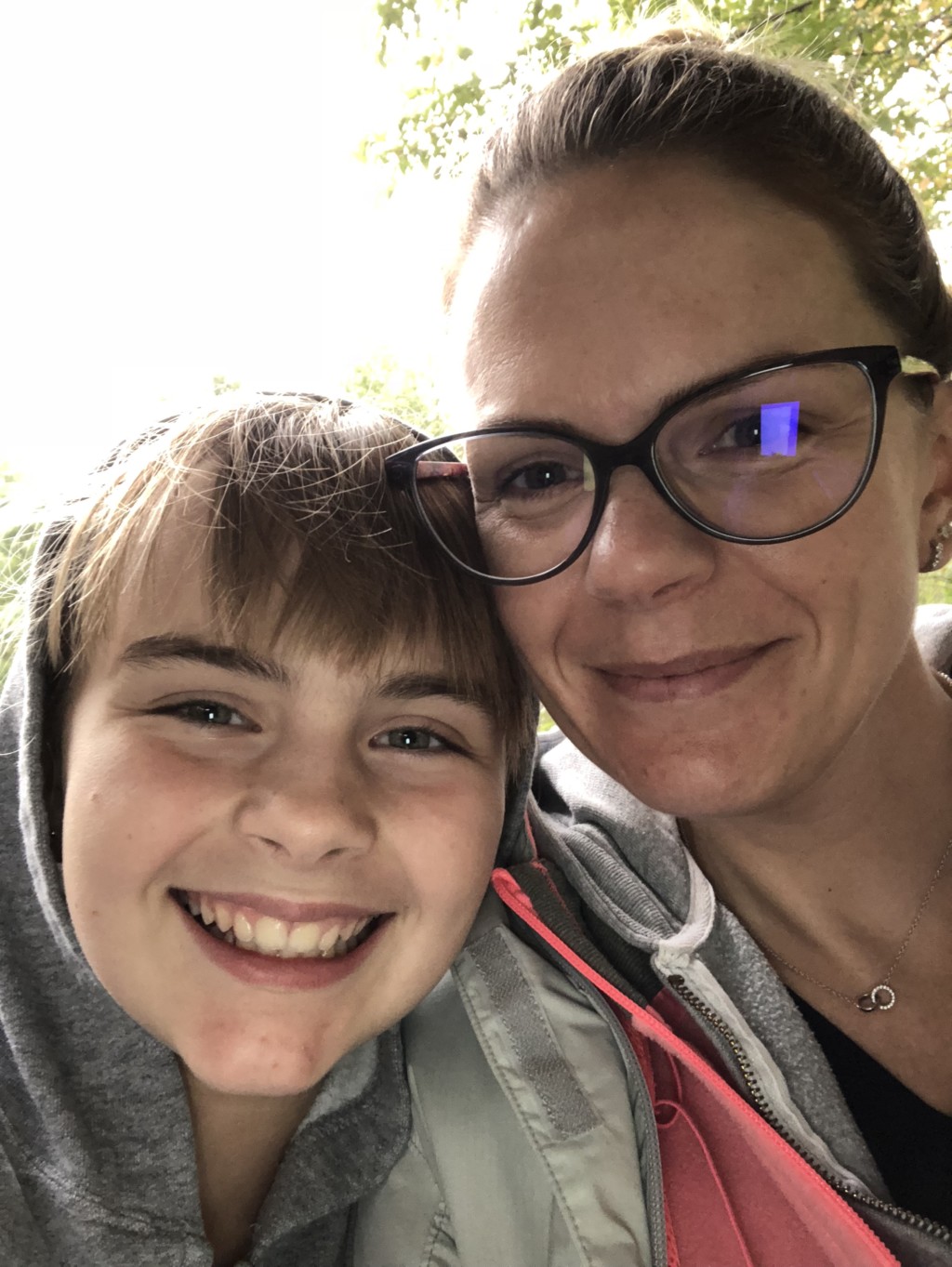I am currently navigating the tween world by my middle school daughter’s side. The tween years, officially spanning the ages 9-12, pack a lot of punch in a relatively short period of time. During this significant development period, our children experience physical, cognitive, emotional, and social changes. There is also a transition in the way our kids communicate. Indeed, as anyone currently residing with one or more tweens knows all too well, at any given moment there may be laughter, tears, screaming, pouting, some serious attitude, slamming doors, intense silence, blank stares, whispering, giggling, utter joy, pure contentment, and back to laughter again. All in a matter of about 20 minutes.
I jest, but the truth is, parenting a tween keeps you on your toes and requires adapting. In terms of communication, in order to talk with the tween population, the most effective parents adjust the way they speak with their kids and incorporate some new strategies entirely. Ours sons and daughters begin to discover who they really are in this “in between” stage. They mature at a fast rate, but they are still babies. Conversations with a tween regularly reflect that same dynamic– full of potential, but not fully developed. In this way, our kids need guidance, love, and reliability. They still look to us to provide stability and security– the assurance that we are a safe home base. But, they are also testing the waters, pushing boundaries, and asserting independence. In that regard, it is important to establish trust and encourage frequent communication.
No matter the age or stage of your children, whether you’re currently in the tween trenches or looming on the horizon, I urge you to learn your child’s language. By making the effort to truly connect with your child during the critical tween years and creating the habit of open lines of communication, you will build a solid foundation for a successful future relationship.

My relationship with my tween daughter has strengthened over the past year or so, and I credit that to our dedicated focus on communicating with each other. It’s not always easy, but we can talk about rough patches when they happen. We have an understanding, my daughter and me. And I have faith that will take our relationship to an even greater place as she continues to grow.
Here are 10 of my favorite “Talking Tween” strategies that I use to understand my daughter, communicate with her, and get inside her head:
Be an “open book”
Yes, that’s right. It goes both ways! If you want your child to open up to you, you need to set an example and open up to them, as well. Within reason, of course.
Give them space
Tweens are great at disappearing. They generally resurface in their rooms or the basement a couple hours later. They really do need some space. Give them privacy and let them be with their thoughts and their music. But check in often.
Use technology
If your tween has a cell phone, tablet, etc., use it to communicate. It’s amazing how open and comfortable they will be with you through text. And you’ll really get a feel for how they “talk.” It’s another way to start a dialogue.
Find the “talking spot”
Most kids will have a preferred “safe space” where they will open up and chat. Is it in the car when you’re chauffeuring them to practice? Is it late at night when you’re spending those couple of extra minutes before bed talking about the day?
Have a sense of humor
You and your child will both appreciate this. After you’ve had a serious talk, lighten the mood. Joke around. Make fun of yourself in a silly way. Ensure you are connected and both smiling.
Embrace the drama
It’s all true. The eye rolling and sarcasm has arrived. Karma is here to bite you. Sometimes I want to rip my hair out, but it’s not all that bad. I have (mostly) accepted that this is a part of the process. When my daughter is NOT being dramatic, I point out to her the unproductive nature of her behavior. Side note, it can be fun to be a little dramatic yourself sometimes (see: have a sense of humor, above).
Forgiveness
This one is so important. We all make mistakes. Forgive yourself, and teach your child about forgiveness. Be gentle with each other.
Be available
You never know when a tween will want to talk. Whether it’s something big or small, if they’re willing to open up to you, please listen. Be there waiting, always.
Do fun things together
Tween life is hard– there’s a lot of pressure on these kids! So make sure you have some fun together. It’s great bonding time.
Be patient
It’s a process. You’ll get there!










